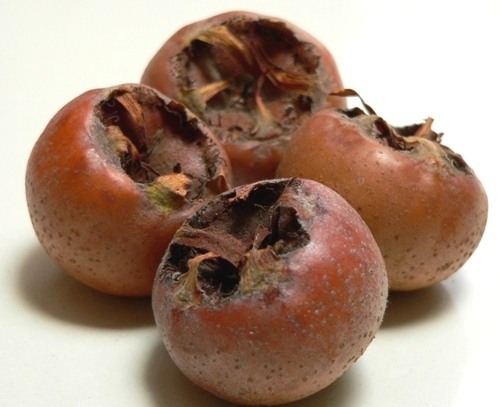The definition of Prosecutorial Misconduct is [1]:
Prosecutorial misconduct is conduct which violates court rules or ethical standards of law practice. Examples, among others, may include:
- Prosecutorial misconduct is conduct which violates court rules or ethical standards of law practice. Examples, among others, may include:
- Courtroom misconduct (making improper remarks or improperly introducing evidence designed to prejudice the jury: violating rules regarding selection of the jury; or making improper closing arguments);
- Hiding, destroying or tampering with evidence, case files or court records;
- Failing to disclose evidence that might tend to exonerate the defendant
- Threatening, badgering or tampering with witnesses;
- Presenting false or misleading evidence;
- Selective or vindictive prosecution
- Denial of a speedy trial rights
- Use of unreliable and untruthful witnesses and snitches
The 'among others' will now also include:
Hijacking a civil case to prosecute unrelated (legally) criminal activity
The definition of Prosecutorial Vindictiveness is [2]:
- Prosecutorial vindictiveness is defined as vengeful prosecution for the recovery of damages to person, property, of reputation, shown to have approximately resulted from a previous civil or criminal proceeding, which was commenced or continued without probable cause, but with vengeance, and which has terminated unsuccessfully. Riegel v. Hygrade Seed Co., 47 F. Supp. 290, 293 (D.N.Y. 1942)
- Prosecutorial vindictiveness refers to filing a lawsuit for purposes of harassing the defendant when there is no genuine basis for the suit. If the defendant in the lawsuit wins and has evidence that the suit was filed out of harassing or vengeful motives and without any legal or factual foundation, it may be the basis of a claim for damages against the person who filed the original action. If vindictive prosecution is clearly proved against the party who brought the original suit, punitive damages may be awarded along with special and general damages.
- In some cases, courts have held that an attorney who knowingly assists a client in filing a baseless lawsuit out of malice may also be liable for damages. Before bringing a suit for a vindictive prosecution, the original lawsuit must be decided in favor of the victim.
It will now have a new definition added to it:
Committing crimes inside a Federal Court trial (three trials to be exact) that create a chain of criminal interruptions that causes the original illegal stay of the state case to be compounded by more criminal proceedings. The purpose of which is to overturn the ruling of the appeals court, stick the middle finger up to the face of each judge who worked the case and keep the ruling from ever being made public.
The definition of Abuse of Prosecutorial Discretion is [3]:
- Prosecutorial discretion is a term for the authority that a prosecutor has in deciding whether to formally charge someone with a crime, what charges to bring against that person, and how to pursue the case. This is the authority by which a prosecutor is able to offer plea bargains, and even offer immunity to someone who has committed a crime, in exchange for help in prosecuting another individual.
- Prosecutorial discretion, by its very nature, can easily involve the abuse of power. For instance, if a prosecutor decides not to bring a case against someone, then he is said to have exercised “favorable” prosecutorial discretion. However, there are times when cases are harshly prosecuted to the fullest extent of the law when perhaps the case should not have been tried at all, or at least tried to a lesser extent. These prosecutors may be abusing their prosecutorial discretion.
- Prosecutorial discretion is all about practicing good judgment while considering many different factors. Such factors include limited governmental resources, the balancing of governmental priorities, and the consideration of the rights and privileges of civilians.
It will now include:
Choosing to violate multiple Supreme Court Opinions restricting a criminal prosecution in conjunction with a civil case to be the same issue, the same parties and the same point: by deciding to go past the limits already set by precedent and case law and build cases that are based in a poisonous tree.
Every case brought from that poisonous tree is rotten fruit. Every case.
So… our cases are released and this criminal behavior of prosecutors stops . . .

